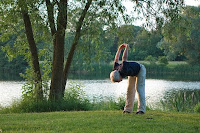
Good News on the ‘Elderly’ Brain
Did you know? Intellectual abilities are increased in the brain by an average 300% in most people ages 60-80.

Did you know? Intellectual abilities are increased in the brain by an average 300% in most people ages 60-80.
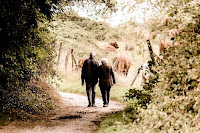
Getting out into the fresh air and taking a walk does good things for your brain and well-being, researchers say.

Here’s a good activity caregivers can use easily, contributed by one of our readers. It’s a simple game, great in mid-stage Alzheimer’s.
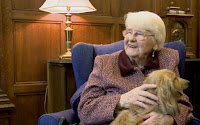
Meet Marley, a THERAPAWS therapy dog, helping the elderly that suffer from dementia. See pet therapy at work.
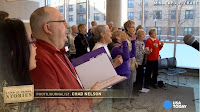
Once a week, a chorus of people with Alzheimer’s and dementia rehearse side-by-side with their caregivers. The songs they sing are, remarkably, often from memory. Watch the Giving Voice Chorus in action.

There are myriad technologies that can be helpful in making life easier for people with dementia. Learn more.

People with mild Alzheimer’s often enjoy places they enjoyed in the past – a favorite restaurant, parade, park, shopping mall, swimming pool, museum, or theater. It is good to keep going and it is smart to plan ahead. Learn how.
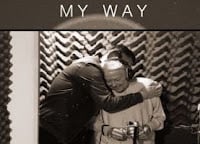
When Jamie Lee Morley first heard singing from care-resident Margaret Mackie (she has dementia), he automatically assumed the beautiful voice was from a nearby radio. Nobody at Northcare Suites Care Home could have imagined what would happen next.

A new study reveals the power of gardens in helping staff provide good care for dementia. See how gardens offer benefits that are low-cost, drug-free and refreshing to both patient and carer.
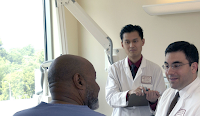
Medical students often learn the technical facts of Alzheimer’s without learning about the people. Find out how a new program helps medical students better understand people with dementia — at the art museum.

Salk Institute’s J147 is a derivative of turmeric, a spice used in curry. Learn how it fights memory deficits and has a host of unexpected anti-aging effects in the lab.

FDA approves a newly recommended dosing schedule for Kisunla (Donanemab). It’s significantly safer due to lowered ARIA-E rates, which has been the main problem with these drugs.
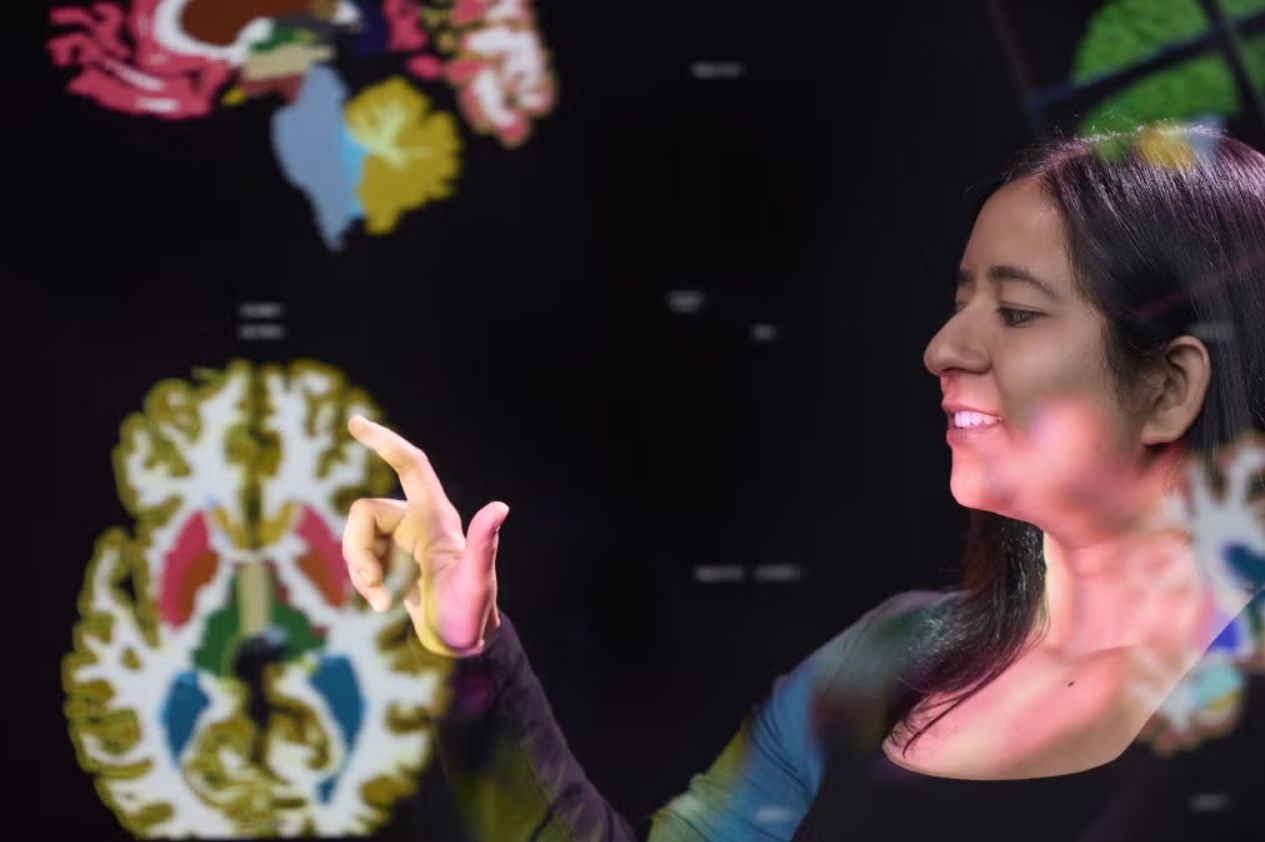
A nutrient hidden in your daily meals could hold the key to preventing and slowing Alzheimer’s. Discover what Arizona researchers are revealing about the power of choline.

SHORT-TERM MEMORY lapses are obvious signs of Alzheimer’s, but other tell-tale signals begin to show much earlier. Learn how to look for semantic impairments, such as simple questions about size.

Three important dementia studies focus on HS-AGING, a type of dementia almost as common as Alzheimer’s in the 85+ group. Yet few people have heard of it. Why? What makes it different?

An intriguing study of 120 grandmothers might surprise you. Doctors know socially engaged people have better cognition and less dementia. But can a person get too much of a good thing? What’s the right balance?

Enjoy this great duet between a musician with dementia and his son. A triumph of spirit over Alzheimer’s! Sing-a-long if you like!
No spam, only news and updates.


